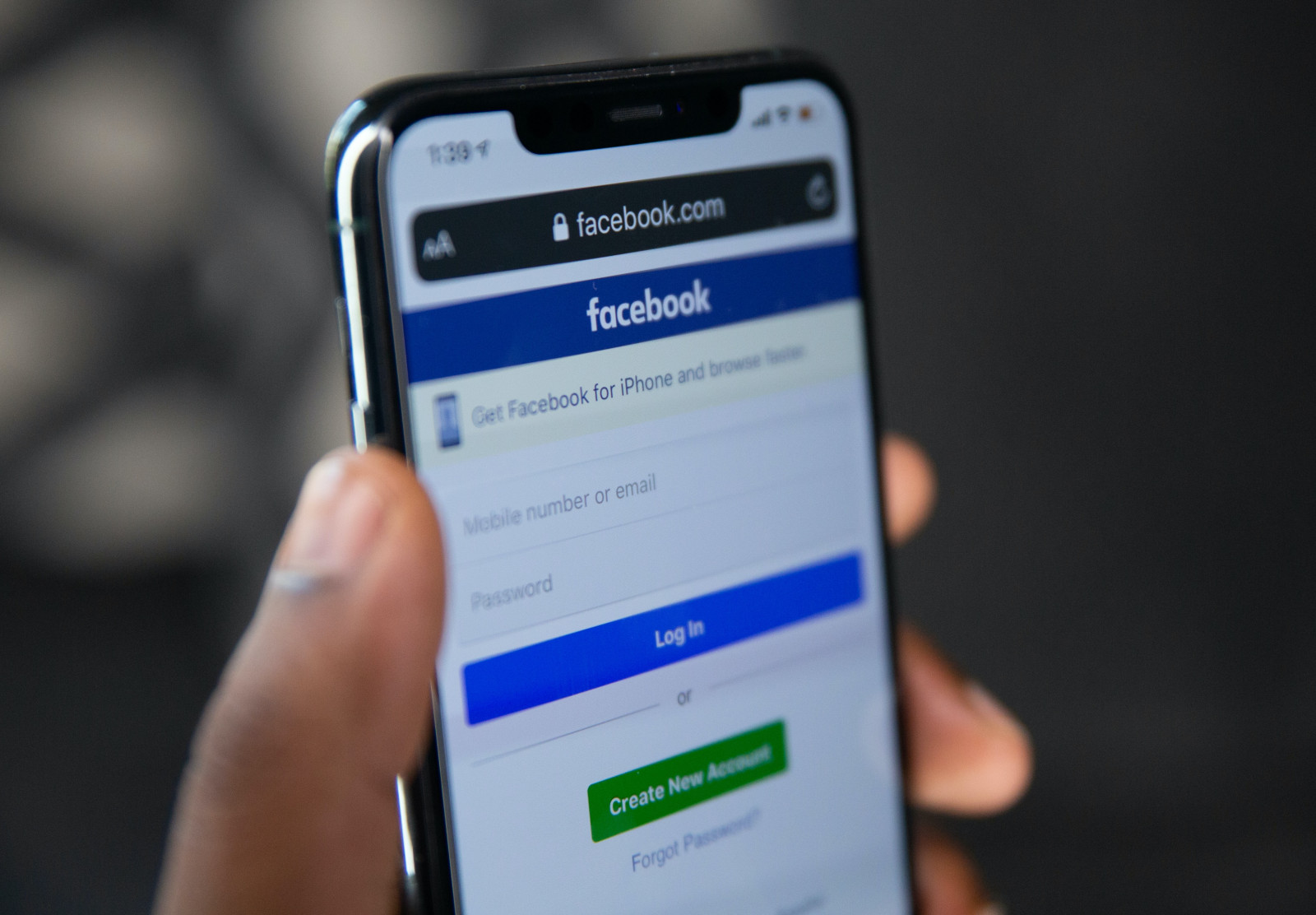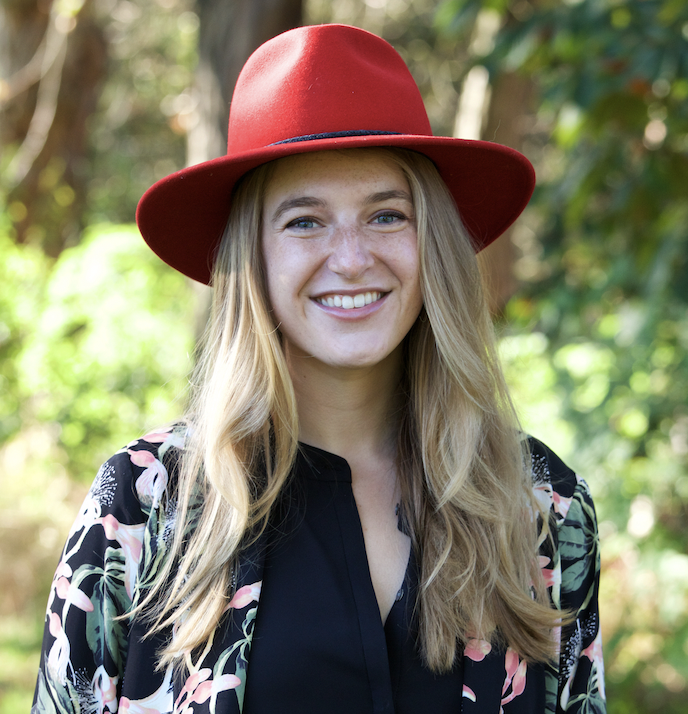Acast and Meta partner up to create podcast communities

Photo: Solen Feyissa

Following yesterday’s announcement from Meta, detailing its plans to become a more creator focused platform, it debuted a new partnership with leading independent podcast company Acast. Although Facebook’s initial move into podcast content was halted, this new deal does not focus on creating content but rather focuses on aiding a podcaster’s ability to find and develop their fanbases. Moreover, with Acast dismantling its app, this new integration can support its idea of harvesting an open podcast ecosystem. Fan interaction for audio creators has been the primary focus for platforms such as Anchor, implementing Q&A and poll features for its creators. However, this is the first podcast network to partner with a media company to develop the audio fan space. With every company seemingly jumping on the audio bandwagon, Meta joins the herd in an attempt to remain relevant with this new era of creators.
Audio fans find their group
In this partnership, Acast+, the subscription offering from the platform will integrate with Facebook Groups to help develop communities around a podcast. The creator offering an Acast+ subscription will now include entry into a subscriber-only Facebook Group where fans can interact with each other and with the creator themselves. In addition, they will have access to exclusive content such as live streams, Q&A’s, and special events. This integration is seemingly simple as the listener would only have to link their Facebook account to the podcast feed. Instead of a creator forming a fanbase on an unfamiliar service or an audience platform, this brings the community into a format that listeners recognise and are already comfortable using.
Audience development is a core challenge for audio creators as discoverability is saturated with not only independent creators but celebrity series as well. But this essentially brings the fans to the creator instead of them relying on grassroots efforts to find and develop relationships with new listeners. Once a podcaster can develop meaningful relationships with their fans, the potential to grow their listeners and earn more income from their content excels. As the millennial audience is primarily dominating the audio space and given that 59% of daily Facebook users are 25-34-year-olds, this may be the most effective social media platform to connect with this demographic over video-based services like TikTok that focuses more on generation Z.
Featured Report
MIDiA Research 2026 predictions Change is the constant
Welcome to the 11th edition of MIDiA’s annual predictions report. The world has changed a lot since our inaugural 2016 edition. The core predictions in that report (video will eat the world, messaging apps will accelerate) are now foundational layers of today’s digital economy.
Find out more…Divide between network creators and indie voices
For the moment it seems this is only for podcasters on the Acast network or those that host on Acast. But what about the unsigned independent voices? In order to be signed by a network, a creator must develop both quality content and a substantial audience on their own before a deal is possible. This is particularly important when appealing to advertisers as they can require a minimum download rate of 5k-10k per episode – this is not always easy for independent creators. Until discoverability through audience platforms improves, building grassroots audiences will still be a core part of a creators journey. Perhaps this deal will inspire creators to use Facebook more when building their communities and spark a new motivation to be on a podcast network. At least Acast is opening this up to anyone who hosts via Acast, which means independent creators as well, even if that might mean they have to change their hosting company to do so (which of course is entirely the point).
Is Meta about to bring the format walls down?
One interesting permutation of Meta’s approach is the potential to entirely blur the boundaries between audio formats. Right now, social audio, podcasts, and audiobooks are largely distinct formats. Meta’s approach of blending social audio and podcasts into a combined offering creates the environment in which the two may start to fuse. A lot will depend on how creators and audiences engage with the new offerings, but the creative and cultural potential is vast. In today’s audio landscape, podcasts have taken a portion of radio content out of radio and into the digital domain (i.e., pre-recorded shows). What podcasts have not done, because they are pre-recorded, is bring live radio formats with them. Social audio didn’t really manage to either, largely because it was coming from a very different place. But put the formal structure of podcasts together with real time community-based formats and the potential is there for new hybrid formats that may become the next chapter in the future of audio.

The discussion around this post has not yet got started, be the first to add an opinion.